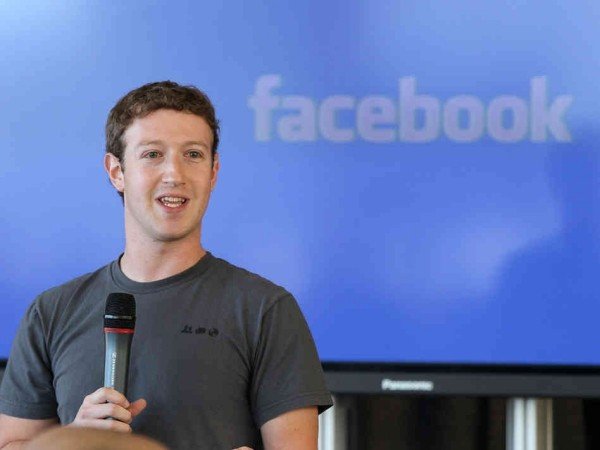There comes a time in everyone’s career when changes are needed to work on something new and better, the same seems like the reason why Instagram’s co-founders Kevin Systrom and Mike Krieger have resigned and from Facebook. Systrom and Mike will be leaving the company after some weeks, adding to the challenges Facebook is facing currently.

If we believe the people familiar with the matter, Kevin and Mike clashed with Facebook executives over Instagram’s autonomy in recent months. Mark Zuckerberg is trying new strategies on Instagram to grow the photo-sharing app’s user base rapidly. Some Facebook officials knew that they were frustrated working within a large company and had begun making preparations for them to leave.
Also Read: How Instagram Is Becoming A Digital Advertising Powerhouse
They have notified Instagram’s leadership team and Facebook on Monday about their decision to leave and have plans to take time off after leaving Instagram and work on something they are very curious about right now. In a statement, Mr. Systrom said he and Mr. Krieger were “ready for our next chapter,” and hinted that they would create something new.
“We’re planning on taking some time off to explore our curiosity and creativity again,” Mr. Systrom said. “Building new things requires that we step back, understand what inspires us and match that with what the world needs; that’s what we plan to do,” he added.

Mark praised both for their work and wished them all the best saying that he is looking forward to what they will build next. Note that, Systrom and Krieger started Instagram in 2010 and sold it to Facebook in 2012 for about $1 billion when it had around 30 million users and since then, it has become one of Facebook’s most popular products and supporting the company for dealing with slowing growth in Facebook.

This is the second major exit by the founders of an acquisition that had become part of Facebook’s growth. WhatsApp co-founders Jan Koum and Brian Acton left the company after a series of similar disagreements as Mark was looking to make more money from the messaging service, which Facebook bought for $22 billion in 2014.
















